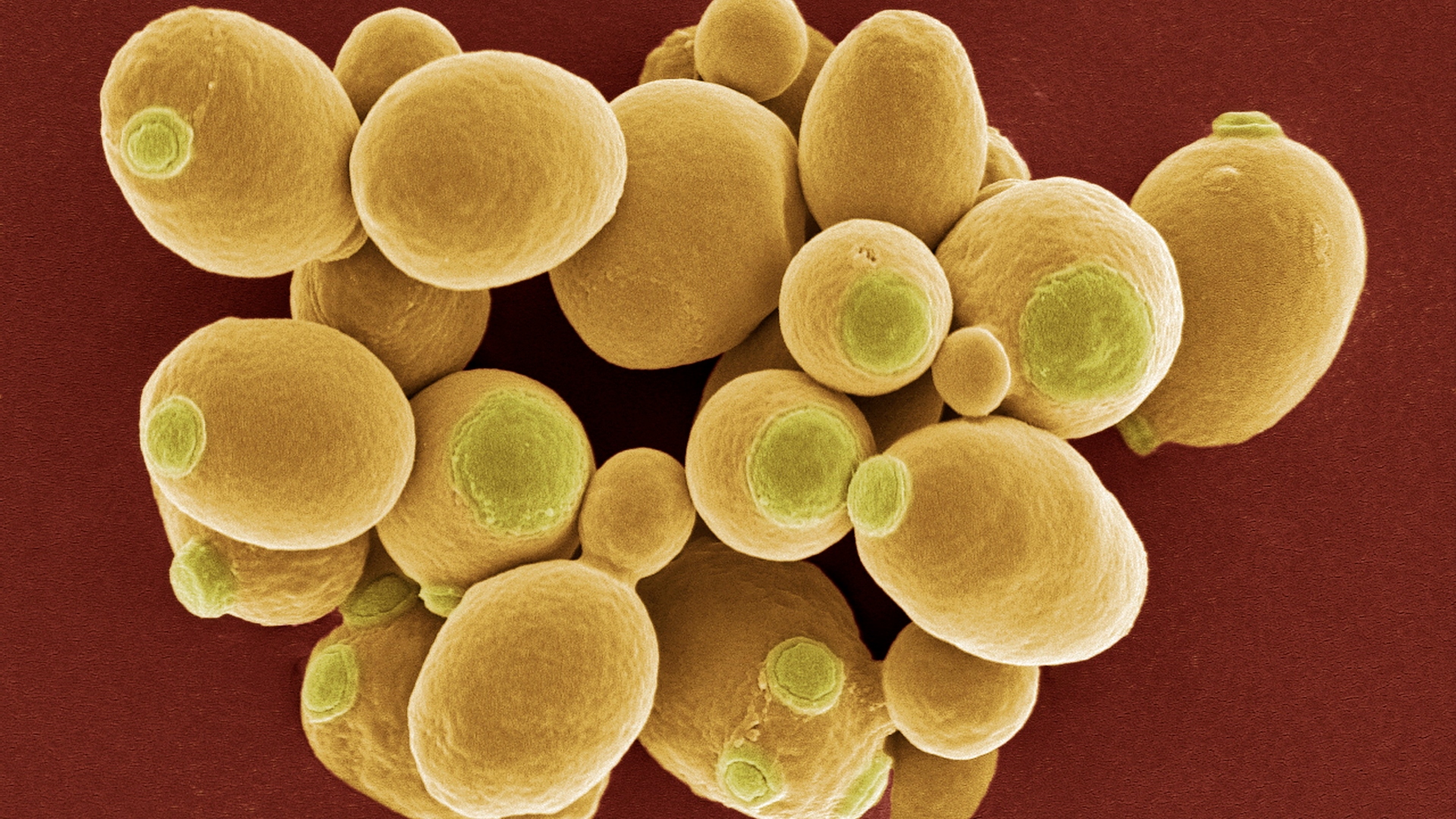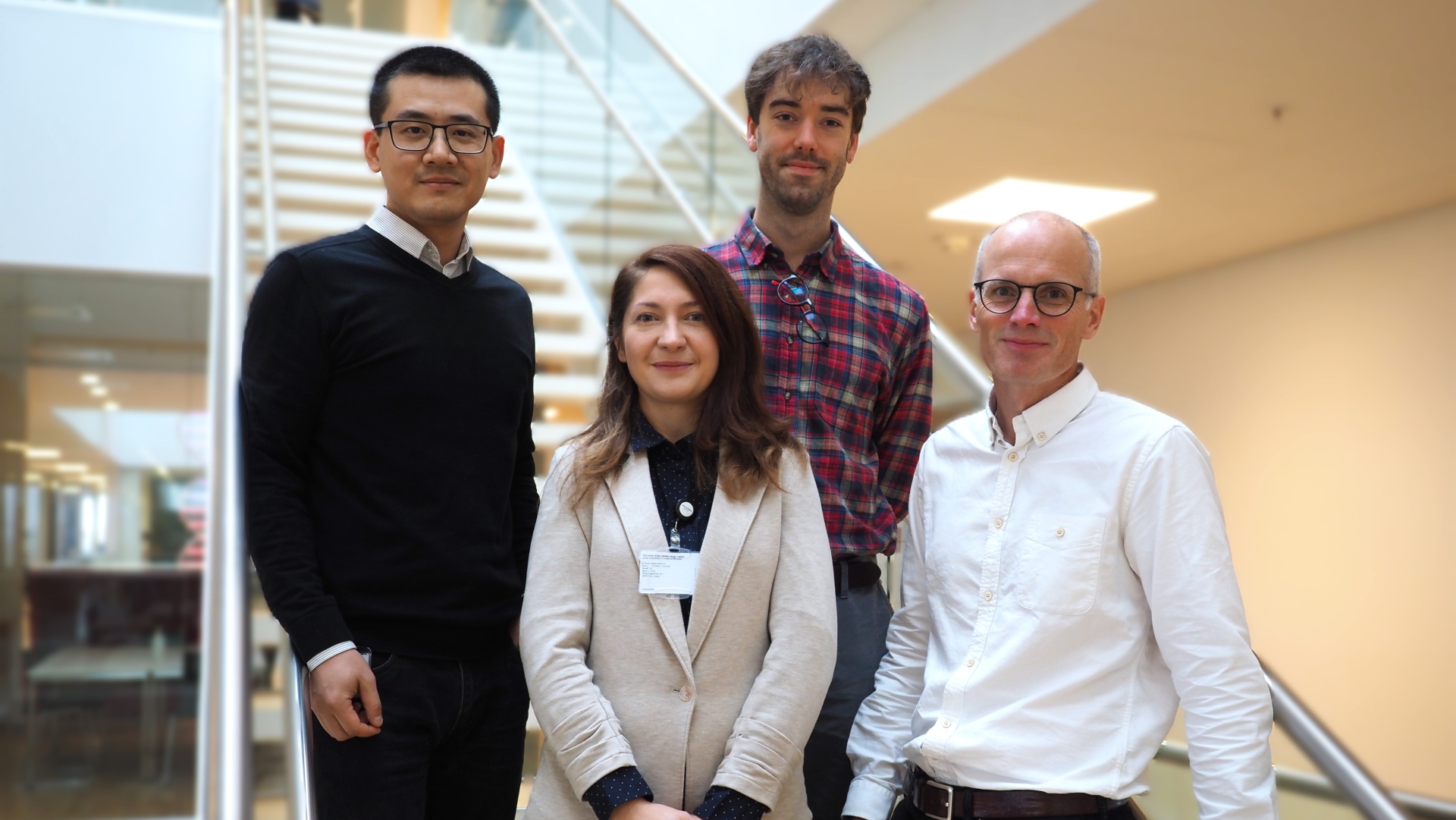Biotechnology
Yeast cells can produce drugs for treatment of psychotic disorders
An international team of researchers has demonstrated that genetically engineered yeast cells can produce the natural plant product alstonine, which has shown positive effects in treating schizophrenia.


The researchers created the yeast-based cell factories by inserting a large number of genes from plants that can generate biosynthesis of natural plant substances. In addition, they inserted enzymes from bacteria to halogenate these natural substances and tested the production in yeast. Following the conversion into serpentine and alstonine, the substances were purified. The researchers then tested their structure - using an NMR analysis (Nuclear Magnetic Resonance spectroscopy), which looks at the composition of atoms - and investigated their bioactivity in a cell line from monkeys.
Tested in human trials
The researchers have filed a patent application for the manufacture of the chemistry involved and established the company Biomia, which has a license to the patent portfolio that protects the manufacturing method. For drug discovery within part of the chemistry that the researchers presented in their Nature article from 2022 and this new study, Biomia raised 3 million USD in September 2023.
The research into the new yeast-based production of the halogenated plant-inspired natural substances and the 19 variants is still in an early phase, where the researchers are now finding the best candidates to use in treating mental disorders. The candidates must then be prepared for testing in clinical studies. At best, Michael Krogh Jensen expects to be able to send substances derived from alstonine to clinical trials in 2026.
Even if the clinical studies show promising results against schizophrenia or other mental disorders, it will still be at least ten years before the research may lead to new medicines for purchase at pharmacies.
Read the paper in Nature Chemical Biology: Biosynthesis of natural and halogenated plant monoterpene indole alkaloids in yeast